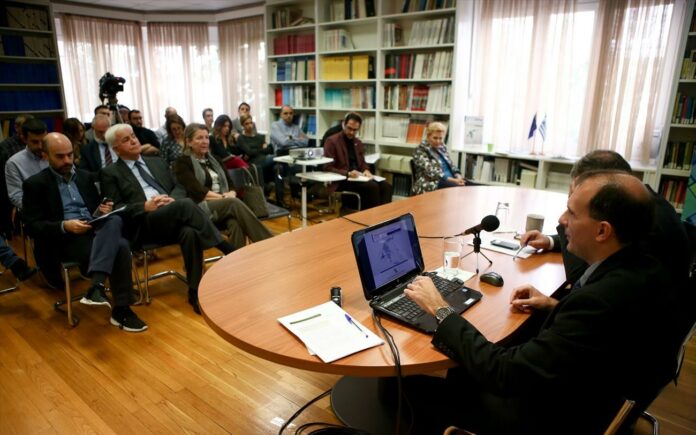The transition from the linear to the circular production model creates business and economic opportunities with significant social and environmental benefits, according to the Foundation for Economic & Industrial Research (IOBE).
Analysts underlined that investments in circular economy infrastructure and the change in the production model pave the way for an increase in GDP and the creation of thousands of jobs. Focusing on Greece, they pointed out that in order to achieve this, along with investments, the emergence of new industries is also required.
In particular, they said that the implementation of investments in circular economy infrastructures, which the national planning foresees, can boost the GDP by 1.1 billion euros, and contribute to the creation of an additional 37,000 jobs by 2030. In case demand for secondary materials is met from the domestic market, the benefit amounts to an additional 70 million euros in GDP by 2030 and 44,000 jobs.
On the contrary, if the demand is covered exclusively by imports, the losses total 220 million euros in GDP and 19,000 fewer jobs. Unfortunately, Greece is ranked higher than the EU27 average in the production of urban solid waste, with the largest percentage going to landfill. At the same time, Greece ranks 18th in terms of circularity of resources, which means that there is still a long way to go for Greece to reach a satisfactory level of circular economy and change in the production model.














